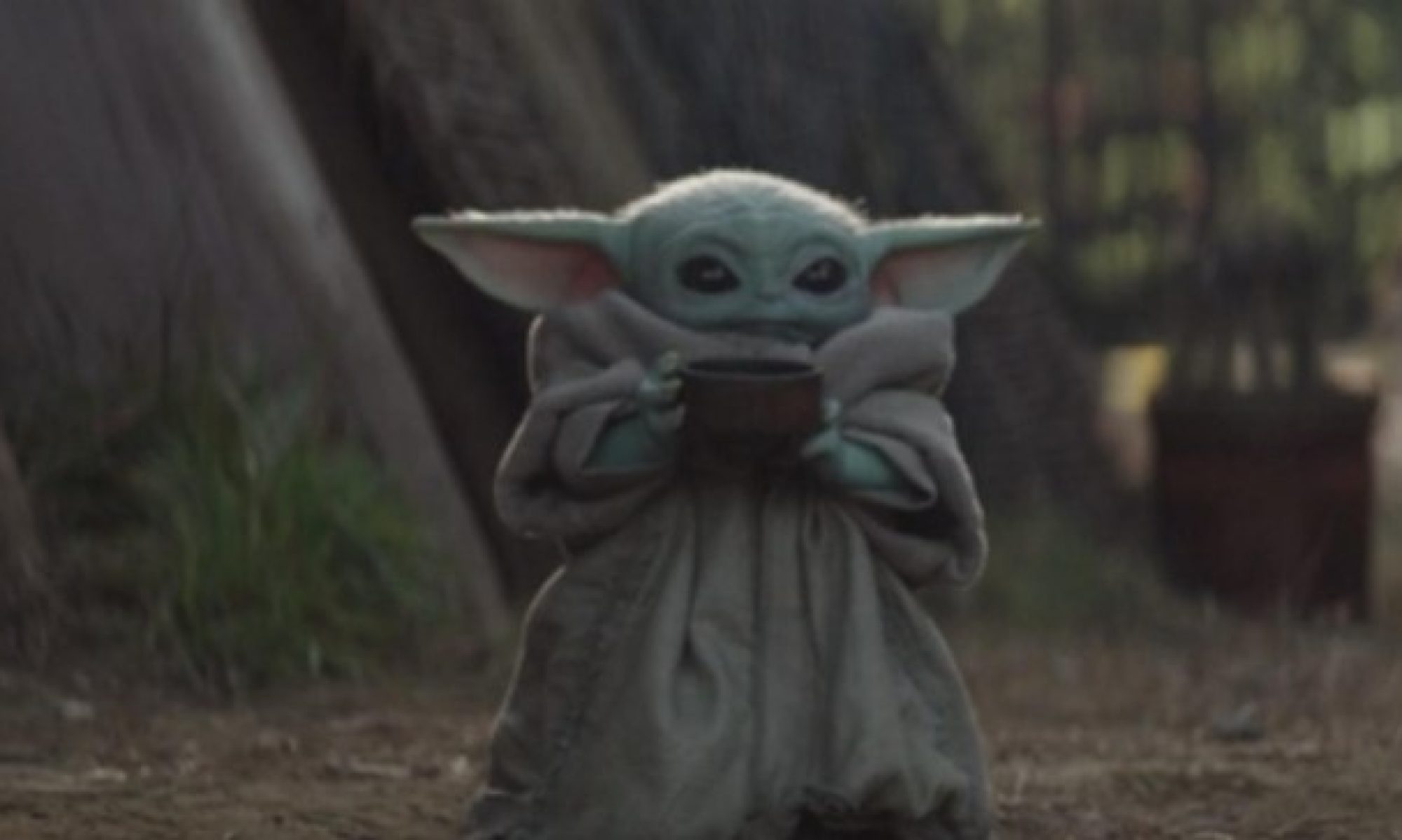stuff goes here
Within the past few weeks, I have learned that the topics of identity and knowledge contain a depth that I was not entirely aware of, and that there are nearly infinite ways to interpret and define them. Primarily, this class has made me think about and want to figure out who I am, to reflect more on my actions and try to read in between the lines of why people act differently. As humans and other species we tend to think the worst of others while thinking the best of ourselves; I’ve learned to combat the unconscious tendency to think negatively by practicing more positive thoughts. As when you see a mother and child at a grocery store and the kid is screaming out of control and the mother can’t do anything about it; you think “oh she is a terrible mother”, but do you actually know that? Maybe she is just having a terrible day and the least of her worries is the kid but rather not having enough money to pay for groceries or she just got fired.
So far, I have learned that people and cultures take several different approaches towards learning. Our Western culture is founded on a European style of learning, while Indigenous pedagogy and epistemology has been passed down from generation to generation. At the onset of the industrial revolution, the westerners decided that assimilation of the indigenous people in North America was necessary in order to create better factory workers and citizens overall. This course has allowed me to learn more about indigenous teachings, which focused largely on skills, philosophies, and understanding- all of which were cultivated by societies with long histories of story-telling and a deep connection with nature. Although both styles of learning contrast differently, my impression is that in the end there is no right or wrong way to approach knowledge.
Furthermore, I have thoroughly enjoyed class discussions as they have allowed me to compare my position in my academic journey with others and hear about their experiences. Moreover, I am able to learn of their contrasting perspectives and contemplate disagreements that may take place. I feel as though we are all sharing the quest of finding our own identities and am eager to pursue my own.
The readings have touched on a variety of themes such as identity, self growth, pedagogy, epistemology and how western education systems have remained unchanged. The topics that I connected most with were “Rethinking Education as the practice of Freedom” and Leanne Simpson’s “Land as Pedagogy: Nishnaabeg Intelligence and Rebellious Transformation”. On the reading “Rethinking Education as the practice of Freedom” the author talks of how Paulo Freire believed the importance of people being able to use critical pedagogy so that it would allow them to “recognize connections between their individual problems and experiences and the social contexts in which they are embedded” (Critical Pedagogy on the Web, 2003). In terms of education, he speaks of how the western education system does not teach students how to be informed citizens that are able to self-reflect about public issues and the world. Leanne Simpson’s expands on this thought by stating that western education is a system that involves coercion, authority, and assimilation (2014). This shared ideology has enhanced my past concerns with the education system that I grew up with and reminded me how integral it is to be able to think critically about my situations and experiences.
Essentially, I am striving to live more by the words of David Foster Wallace as we began to touch on the ideas of self reflection and identity: “You are not the centre of the universe…be aware of the world around you” (2015).
References:
Critical Pedagogy on the Web. Archived from the original on 2003-07-15. Retrieved 2019-10-02
Wallace, D. F. (2015, May 22). 5 Takeaways From the Greatest Commencement Speech of All
Time. Retrieved from
argetText=David Foster Wallace gave the,and says “Morning, boys.
